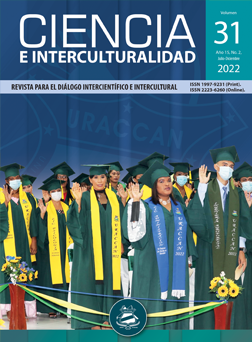Beliefs about mathematics problem-solving: An investigation with elementary school teachers
Abstract
This research has analyzed beliefs about solving mathematical problems. This is quantitative research based on an “Ex Post Facto” design where a scale of affective domain (beliefs, attitudes, and emotions) was provided to 118 women and men, primary school teachers from the Nicaraguan Caribbean Coast. The analyses suggest that teachers have positive beliefs that are manifested in factors such as confidence, security, perseverance, satisfaction, curiosity, liking, motivation, and usefulness to function successfully in solving mathematical problems. In addition, that beliefs about problem-solving do not differ according to age, gender, ethnicity, years of experience, and type of school (urban and rural). It is concluded that it is necessary to continue advancing in the processes of education and training of primary education teachers with a greater emphasis on the processes of resignification of experiences and mathematical practices contextualized to the communities.
Downloads

This work is licensed under a Creative Commons Attribution-NonCommercial-NoDerivatives 4.0 International License.
El autor mantiene los derechos morales y permite la cesión gratuita, exclusiva y por plazo indefinido de sus derechos patrimoniales de autoría a la Universidad de las Regiones Autónomas de la Costa Caribe Nicaraguense (URACCAN).






